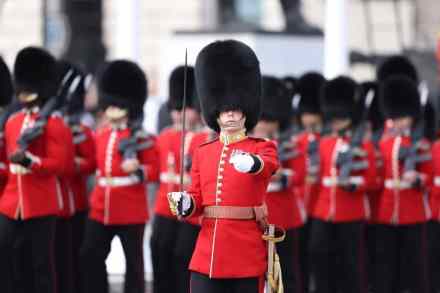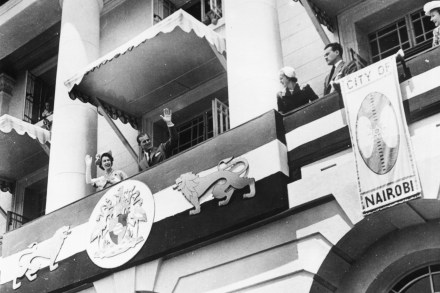The Queen’s strength was that she did not change
Her task – did she ever quite realise it? – was to preside over a country in decline; and not merely to preside over it, but to be the nation’s anaesthetic, creating the illusion that the nightmare was not happening. When she was born, at 17 Bruton Street, by Caesarean section, on 21 April 1926, Britain commanded the mightiest, richest empire in the history of the world. By the time she died, Britain had ceased even to be what Gore Vidal once called it, an American aircraft-carrier. It was simply a muddle of a place, which had lost most of its manufacturing industrial wealth, all its political influence in the






















